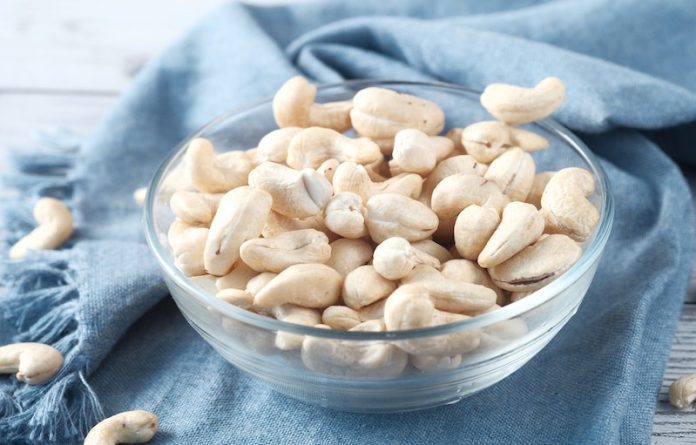
Scientists from Universidade Federal de Viçosa found that eating Brazil and cashew nuts could benefit the health of some women.
The tree nut family includes almonds, brazil nuts, cashews, hazelnuts, macadamia nuts, pecans, pine nuts, pistachios, walnuts, and others.
Nuts and seeds are good sources of protein, healthy fats, fibers, vitamins, and minerals.
They can regulate body weight as their fats are not fully absorbed, they regulate food intake and help burn energy.
Nuts and seeds contain unsaturated fats and other nutrients that provide protective effects against heart disease.
Scientists have suggested several reasons why eating nuts can benefit human health. However, Brazil and cashew nuts remain the least studied.
In the current study, researchers aimed to evaluate the effect of these nuts on body weight, body composition, cardiometabolic markers, and blood vessel function in women with high risks of heart disease and diabetes.
Forty women were assigned to the Control group and ate an energy-restricted diet without nuts or the Brazil and cashew nuts and ate an energy-restricted diet containing daily 45 g of nuts for 8 weeks.
At the beginning and the end of this study, the researchers measured the blood sugar, body composition, and blood pressure of these women.
The team found Brazil and cashew nuts intake reduced total body fat and improved lean body mass compared to the control.
Besides, the soluble adhesion molecule VCAM-1 decreased after Brazil and cashew nuts intake compared to the control.
The team also found blood sugar, blood cholesterol, and blood pressure remained unchanged after the nut intervention.
Based on the findings, the researchers suggest that adding Brazil and cashew nuts to an energy-restricted diet can be a healthy strategy to improve health in women with high heart disease and metabolic disorders.
The research was published in the British Journal of Nutrition and conducted by Ana Paula Silva Caldas et al.
Copyright © 2022 Scientific Diet. All rights reserved.








